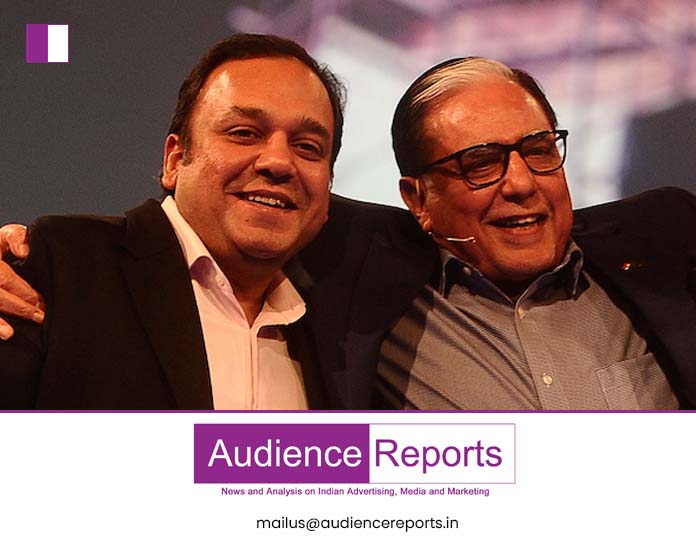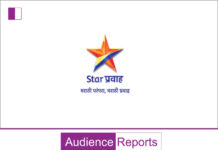The appellants’ representative, Senior Advocate Janak Dwarkadas, called it a clear case of a “post-decisional hearing situation”
The Securities Appellate Tribunal (SAT) has directed the Securities and Exchange Board of India (SEBI) to respond within 48 hours to Essel Chairman Subhash Chandra and Zee Entertainment Enterprises MD and CEO Punit Goenka‘s plea challenging SEBI’s recent order that banned them from holding directorial positions for siphoning off ZEEL funds.
Justice Tarun Agarwala and presiding officer Meera Swarup on Thursday directed SEBI to submit its response within 48 hours, and the case has been scheduled for a final hearing on June 19.
The tribunal’s order stated, “Having heard the parties for some time, we are of the opinion that passing an order at this stage will virtually allow the appeal. We are also of the opinion that the appeal should be heard finally. SEBI to file a reply within 48 hours.”
Through Economic Law Practice, the appeal put forward by the duo contended that the SEBI order involved a violation of the principles of natural justice. Specifically, the appellants emphasised that they were not served a show-cause notice prior to the issuance of the SEBI order, according to reports.
The appellants’ representative, Senior Advocate Janak Dwarkadas, called it a clear case of a “post-decisional hearing situation”.
He made it clear that he was not questioning the regulatory authority’s competency to exercise power in extraordinary situations, the reports stated. He stressed that the current case did not align with the conditions that necessitated the use of extraordinary powers, resulting in the SEBI order being passed without considering the opposing perspective.
“A post-decisional hearing can be afforded but in situations which cannot wait to preserve the status quo. This case does not fit into the exceptional cases carved out by this court,” Dwarkadas stated.
The tribunal noted that the appellants were given a 21-day period to reply to the order and asked Dwarkadas for an explanation regarding the necessity of any intervention at this point.
Dwarkadas then invoked Articles 19(1)(g) (Freedom to trade) and 21 (Right to live with dignity) of the Constitution.
He contended that even a minute’s interference with an individual’s fundamental right to conduct business or, in this case, to hold a position, would have detrimental consequences for the person. Furthermore, he alleged that the SEBI’s order was based on conclusions without any probe.
This order would have repercussions on a case pending before the National Company Law Tribunal (NCLT) concerning a merger between Zee and Sony, he added.
The tribunal asked Senior Advocate Darius Khambata, who represented SEBI, about the estimated duration required to conclude the ongoing investigation that has been ongoing for the past four years. In response, Khambata requested some time to seek instructions regarding this matter. The court then adjourned the matter for final hearing on June 19.
The case pertains to Chandra, who was also the chairman of ZEEL during the alleged violation, and Goenka having abused their position as directors or KMPs of a listed company for siphoning off funds for their own benefit.
In its interim order, SEBI noted that Chandra and Goenka alienated the assets of ZEEL and other listed companies of Essel Group for the benefit of associate entities, which are owned and controlled by them.
The siphoning of funds appears to be a well-planned scheme since, in some instances, the layering of transactions involved using as many as 13 pass-through entities within two days only, it added.






































